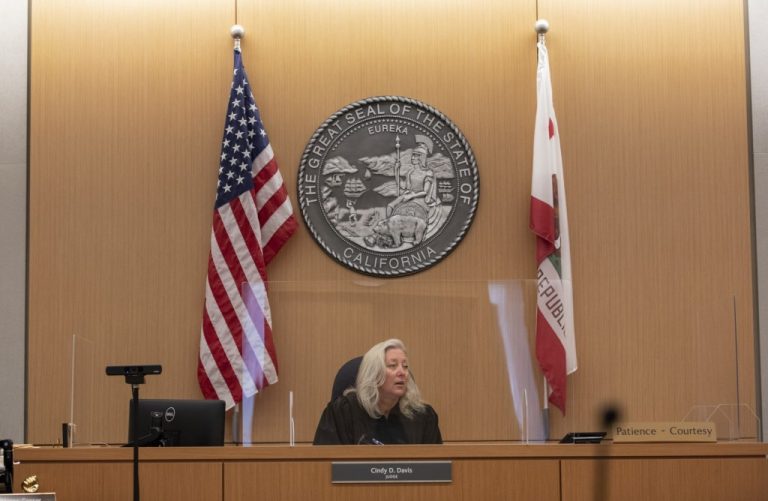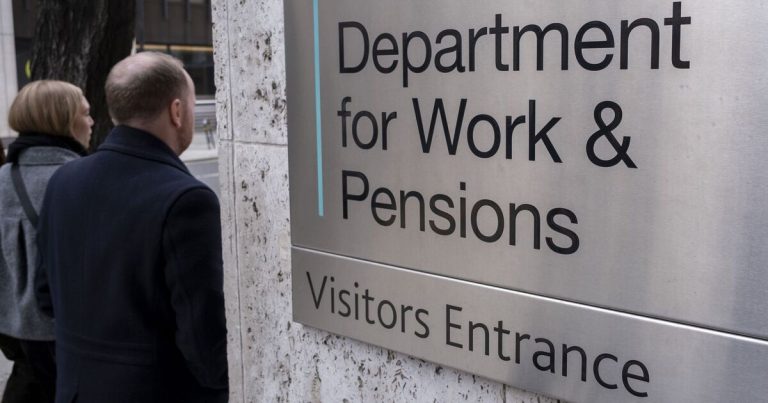

Palomar Health, inland North County’s largest medical provider, is showing significant signs of financial distress.
On Nov. 14, the organization notified bondholders that its financial statements for the first quarter of fiscal 2025, a period that covers July through September, “are not yet available.”
“We are working diligently and will provide them as soon as possible,” Palomar’s statement says, offering no additional information on what caused the delay.
The organization’s bond covenants require that quarterly updates on Palomar’s financial indicators, including profit and loss, be made “not later than forty-five days” after the end of its first, second and third quarters, meaning that the due date for the period in question would have been Nov. 14.
And, Palomar’s monthly finance committee meetings, at least those listed on its website, appear to have been consistently canceled or rescheduled since April.
Generally, committee members review quarterly performance reports before they are presented to the full board.
Asked this week for copies of quarterly finance reports for the fourth quarter of 2024 and the first quarter of 2025, Palomar, speaking through a hired media consulting firm, had a one-sentence reply: “Palomar Health has no comment at this time.”
But others have recently had a lot to say.
Moody’s Ratings, one of the nation’s big-three credit rating agencies, announced on Oct. 22 that it downgraded its assessment of Palomar’s $711 million of outstanding revenue bonds from Ba3 to B2. Bonds rated Ba3 are said to have “speculative elements” while those rated B2 are considered “subject to high credit risk,” according to Moody’s 21-level long-term debt scale. Fitch Ratings and S&P Global Ratings announced similar drops on April 29 and April 2, respectively.
Moody’s says it took action based on Palomar’s “very thin cash balances” and expectations that covenants on the debt “will be breached.” Covenants with lenders, the Moody’s analysis continues, require a debt service coverage ratio of 1.0 and 50 days’ cash on hand. Falling below these thresholds, Moody’s says, is considered an “event of default.”
“Through March 31, 2024, the system reported a debt service coverage ratio of 0.39 and cash on hand of 30.6 days,” Moody’s analysts state.
Covenant compliance, Moody’s notes, is measured annually, meaning that whether or not Palomar is considered to have breached its covenants hinges on the results of the final quarter of fiscal 2024 — April, May and June — which are usually shared with bondholders in audited financial statements. Last year, those statements were posted on Nov. 27.
Moody’s says that breaching covenants would put Palomar at risk of “acceleration,” which would mean “all of Palomar’s revenue bond debt could come due.” To prevent that scenario, Palomar could request a waiver or forbearance from its bond insurance company, Assured Guaranty.
Jeffrey Griffith, chair of Palomar’s elected board of directors, did not respond to a request for comment on the situation Thursday.
The frequency of financial reporting has been a significant point of contention among Palomar board members, with the board censuring director John Clark for previously making a statement to the media that the organization should continue its previous practice of publishing monthly financial updates rather than the current practice of quarterly updates.
Asked about the current delays in reporting, Clark said in an email Friday that he believes financial results are being intentionally withheld.
“I believe we are in serious financial difficulty and there is an ongoing effort by our CEO to keep this bad financial information away from the public and the board,” Clark said.





